The agitation for resource control in the Niger Delta developed a violent dimension between 2006 and 2009, when militant groups took over the struggle from the political elites and resorted to violence to express their grievances. The militants resorted to armed struggle with government security forces and triggered a reduction in oil production through kidnapping and hostage taking of expatriate and national oil workers, illegal oil bunkering, and vandalism of oil installations, until the Nigerian government secured a ceasefire through the Presidential Amnesty Program (PAP) in 2009. The PAP ended the insurgency and entitled some militant leaders to lucrative government security contracts to guide oil installations and monthly stipends, while others were provided with scholarships. But barely seven years after many of the militants accepted the PAP and dropped their arms, there has been a resurgence of militancy and violence in the region.
In February 2016, a new militant group, the Niger Delta Avengers (NDA) was launched with the self-stated agenda of crippling the country’s crude production. The group carried out its first attack on a gas line on February 10th, 2016. This was followed by other coordinated attacks on oil and gas installations that has reduced the country’s oil and gas production, with a devastating effect on the country’s economy. The federal government has responded to the renewed restiveness with mass deployments of security forces, including gunboats, warships and fighter jets in the region. The spate of bombings by militants and the deployment of government security forces have heightened insecurity in the Niger Delta. Allegations of heavy-handed response by the military has caused apprehension among residents of the affected communities. This brief analyses the context of the renewed militancy, its implications for security and the economy, and provides recommendations for stakeholders.

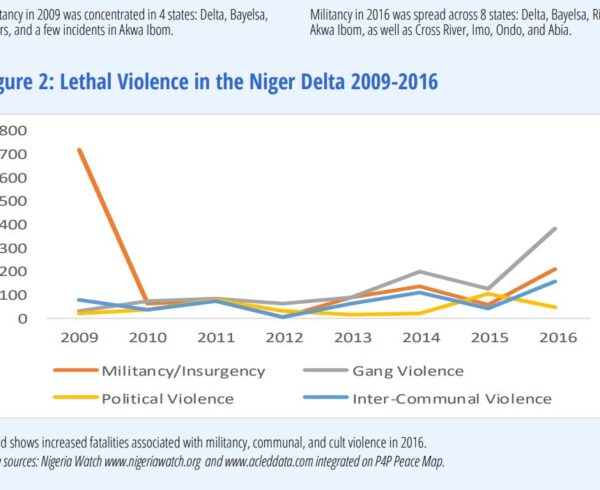
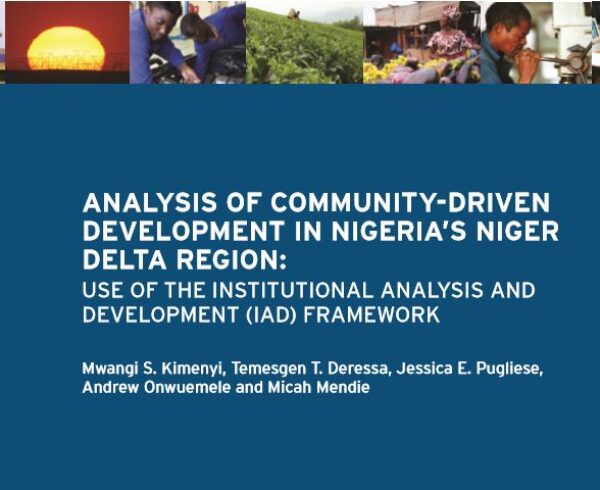
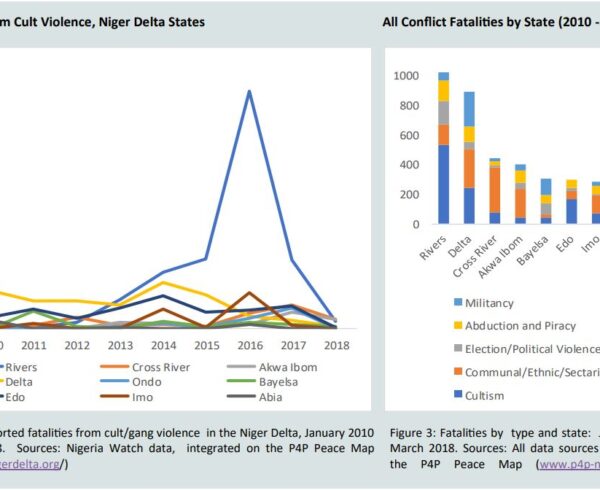
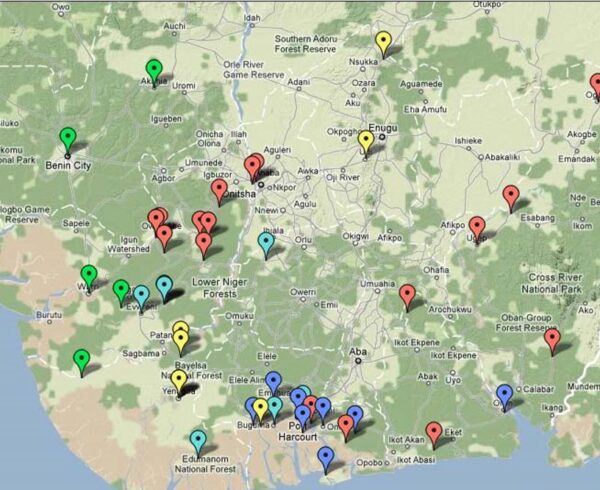
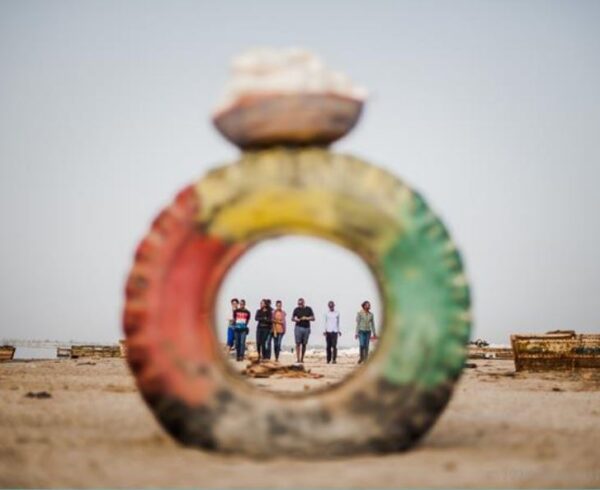
Leave a Comment